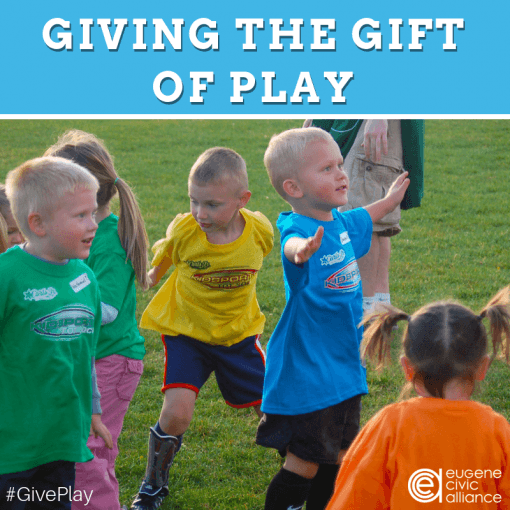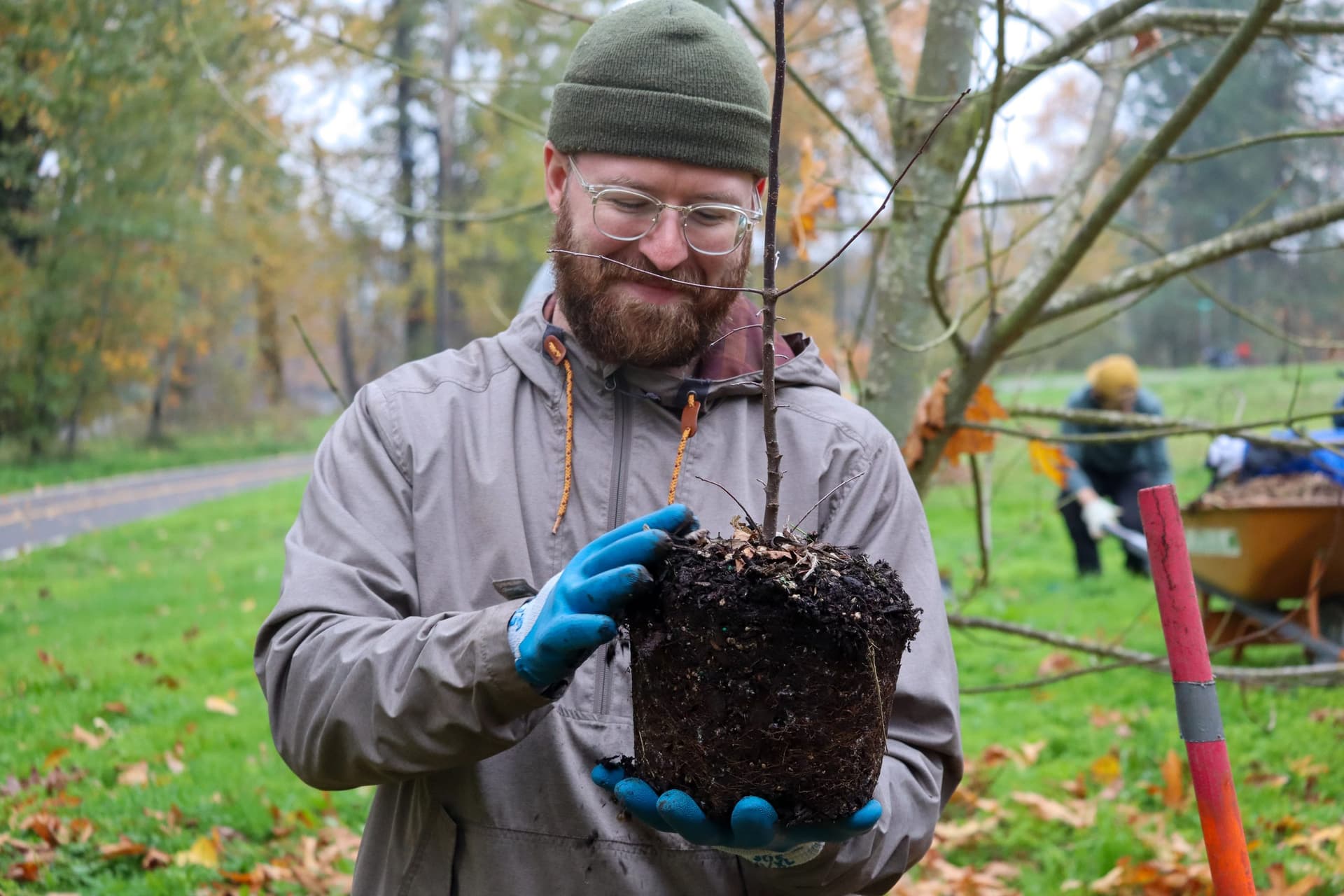Eugene Documentary Outliers and Outlaws Screens in Portland, Returns to Eugene
The documentary Outliers and Outlaws, directed by Courtney Hermann and born from the Eugene Lesbian History Project, screened at the Portland Queer Documentary Film Festival on November 16 with the film team and participants present for a question and answer session. The screening and the project's ongoing schedule matter to Lane County residents because they broaden access to local LGBTQ histories, support cultural institutions in Eugene, and help drive audience traffic to neighborhood theaters and exhibits.

Outliers and Outlaws, a documentary that developed from the Eugene Lesbian History Project and directed by Courtney Hermann, was shown at the Portland Queer Documentary Film Festival at the Hollywood Theatre on Saturday November 16. The midday screening included a question and answer session with the film creative team and several participants, extending the film beyond a single viewing into a community conversation. The film has been part of multiple queer and documentary film festivals during 2024 and 2025, signaling sustained interest in the project beyond Lane County.
The University of Oregon hosts the project press page which tracks the film's festival run, lists screenings and press coverage, and maintains a public screening schedule. Local audiences can find showings at the Art House cinema in Eugene as well as other festival dates and exhibit opportunities on the project site. The project site also links to associated exhibits that contextualize the film's material for viewers who want deeper engagement with the histories documented on screen. The project press page is available at outliersoutlaws.uoregon.edu/press/?utm_source=openai.
For Lane County the documentary and its festival circuit carry both cultural and economic implications. On the cultural side the film translates local oral histories and archival material into a format that reaches audiences across Oregon and beyond, strengthening awareness of lesbian history in Eugene and the broader Willamette Valley. For local cultural institutions such as the Art House and university affiliated programs, festival exposure generally raises visibility and can translate into higher attendance for follow up screenings and exhibits. That effect matters for small cinemas and nonprofit cultural venues that rely on steady programming to sustain operations and community outreach.
From a policy perspective the project illustrates the role university supported initiatives and local archives can play in preserving underrepresented histories while contributing to cultural tourism. Continued support for archival work and public programming may yield returns in the form of educational partnerships, exhibit visitors, and ticket revenue for local venues. As the film continues to screen at festivals and community venues through 2025, Lane County residents have multiple opportunities to see the film, participate in related exhibits, and engage with a growing public record of Eugene lesbian history.


